When considering a dog for home security, it’s important to choose a breed with the right traits for guarding. While many dogs are excellent protectors, certain breeds are notably unsuitable for this role due to their temperament, size, or energy levels. This article will explore the top 10 dog breeds that are generally the worst choices for guarding your home, examining why each breed might not meet the requirements for an effective guard dog.
1. Cavalier King Charles Spaniel
Cavalier King Charles Spaniels are known for their affectionate and friendly nature. They are typically very sociable and welcoming to strangers, lacking the suspicion or protective instincts necessary for a guard dog. Their small size and gentle demeanor make them more suitable as companion pets than protectors of a home.
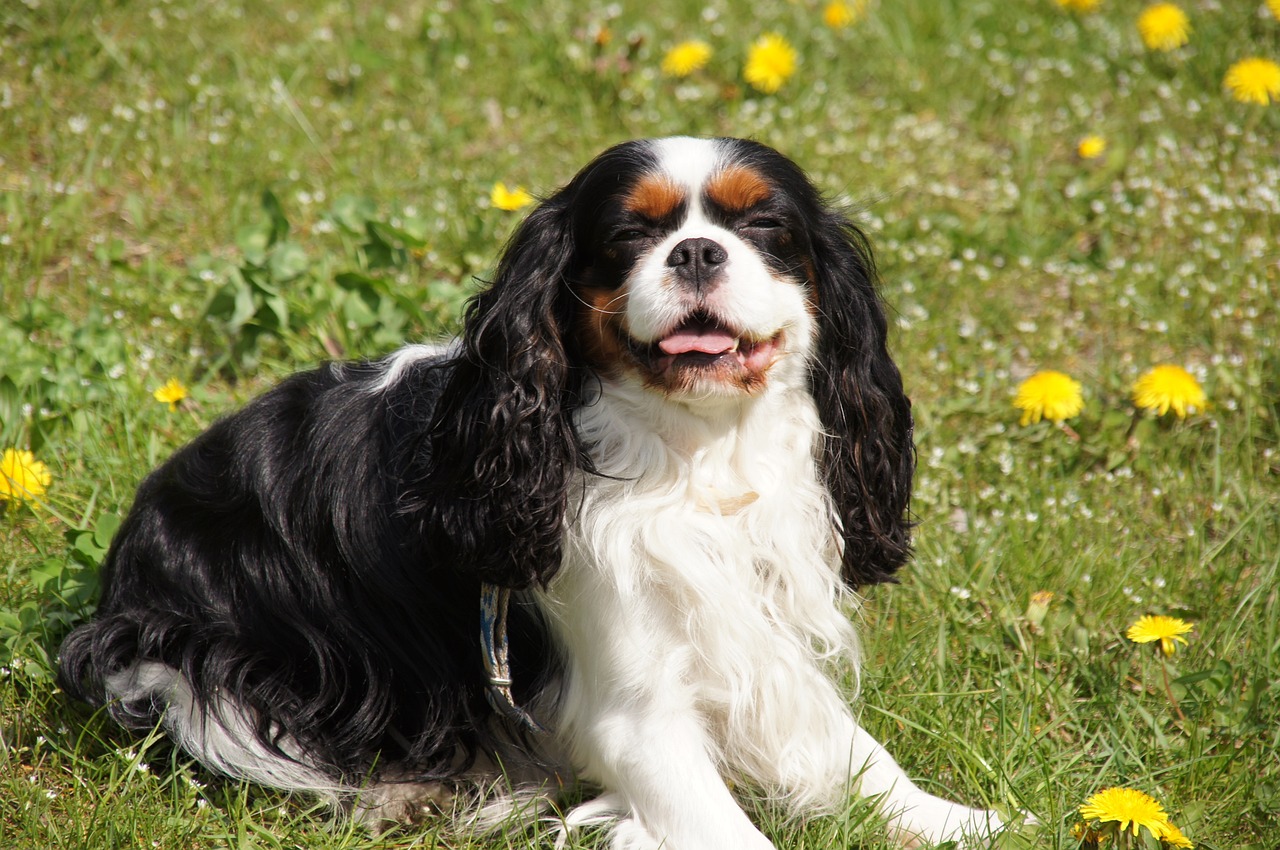
2. Basset Hound
Basset Hounds are laid-back and even-tempered, often showing more interest in relaxing and sniffing around than in guarding. Their low-energy demeanor and lack of territorial instinct make them poor candidates for home security. Additionally, their friendly approach to strangers doesn’t help in deterring intruders.
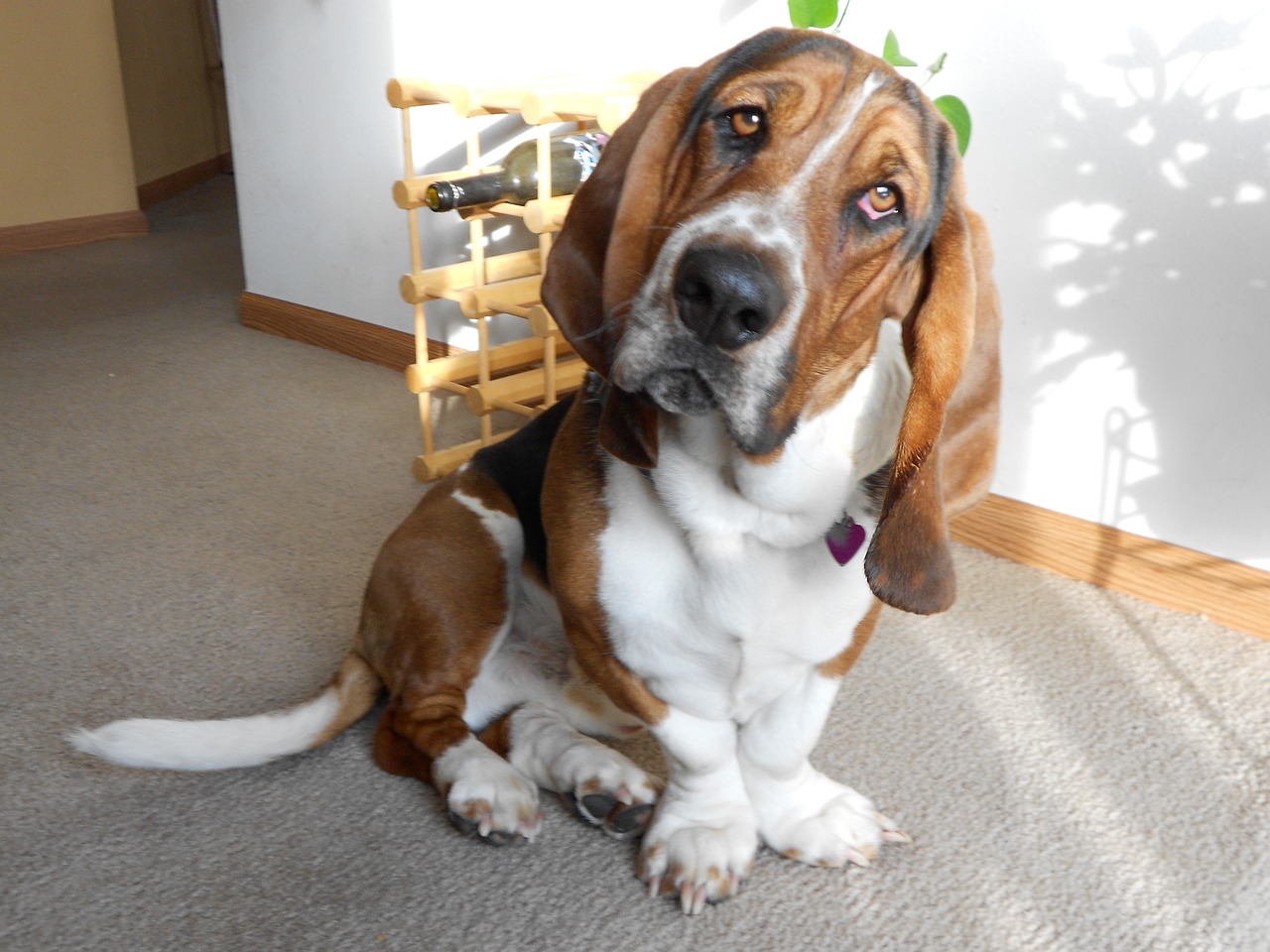
3. Maltese
The Maltese breed is known for its small size and affectionate temperament. These dogs are more likely to seek attention and cuddles than to guard a house. They lack an intimidating presence and may not respond assertively to unfamiliar people, making them ineffective as guard dogs.
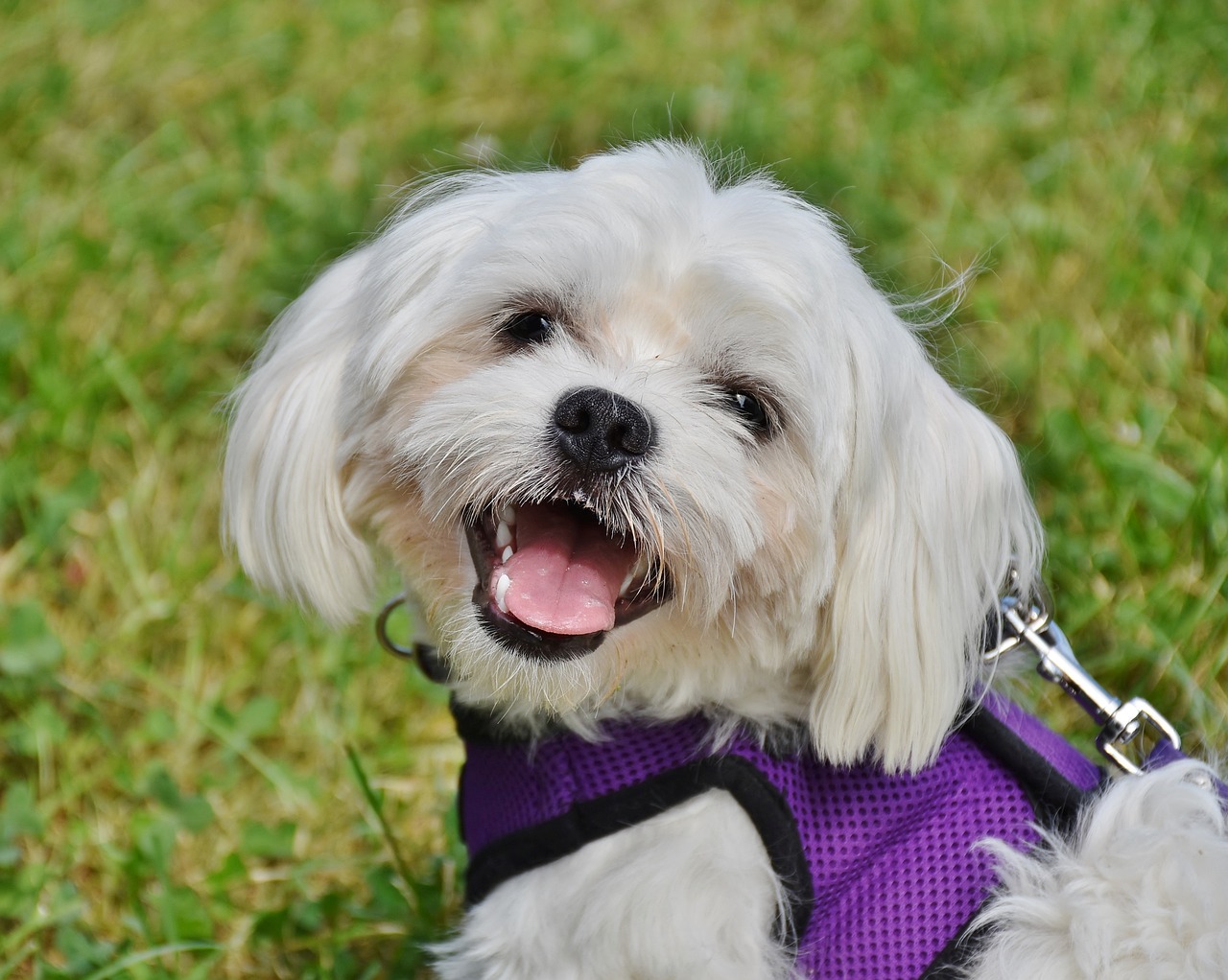
4. Golden Retriever
Golden Retrievers are one of the most friendly and sociable breeds, known for their love of people. This trait, while endearing, makes them unsuitable for guarding. They tend to greet strangers with enthusiasm rather than suspicion, lacking the protective demeanor needed for a guard dog.

5. Bulldog
Bulldogs might look intimidating, but they are generally very gentle and affectionate. Their low energy levels and laid-back attitude mean they are more likely to befriend an intruder than to challenge them. Bulldogs are not known for being particularly alert or responsive to unfamiliar situations, reducing their effectiveness as guard dogs.
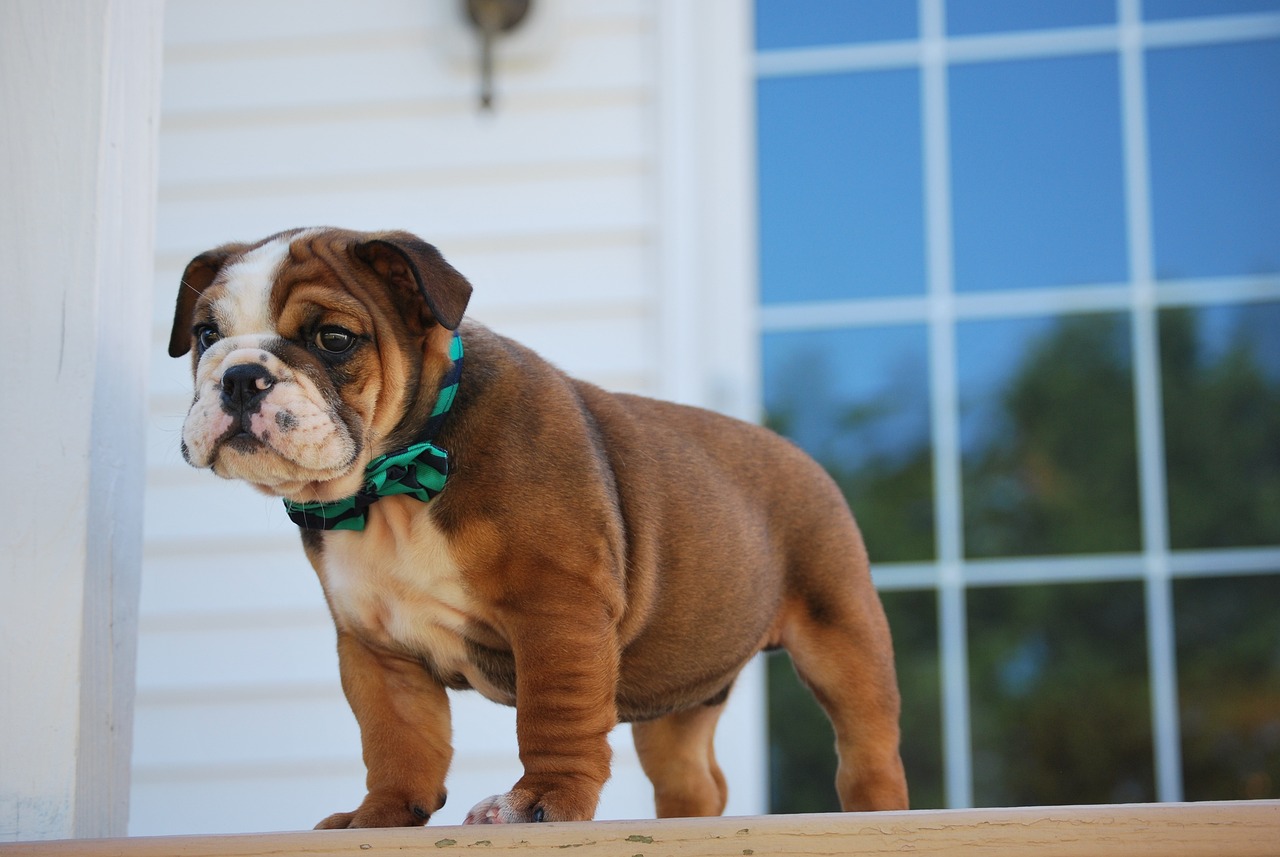
6. Shih Tzu
Shih Tzus were bred as companion dogs and are known for their loving and friendly nature. They are typically very welcoming to new people and lack the size and temperament to be effective in a guarding role. Their main focus is companionship, not protection.

7. Pug
Pugs are small, sociable, and generally lack any form of aggressiveness. They are more inclined to be playful and affectionate with strangers rather than protective, which makes them poor choices for guarding a home. Their small size also doesn’t present the physical deterrence needed for an effective guard dog.
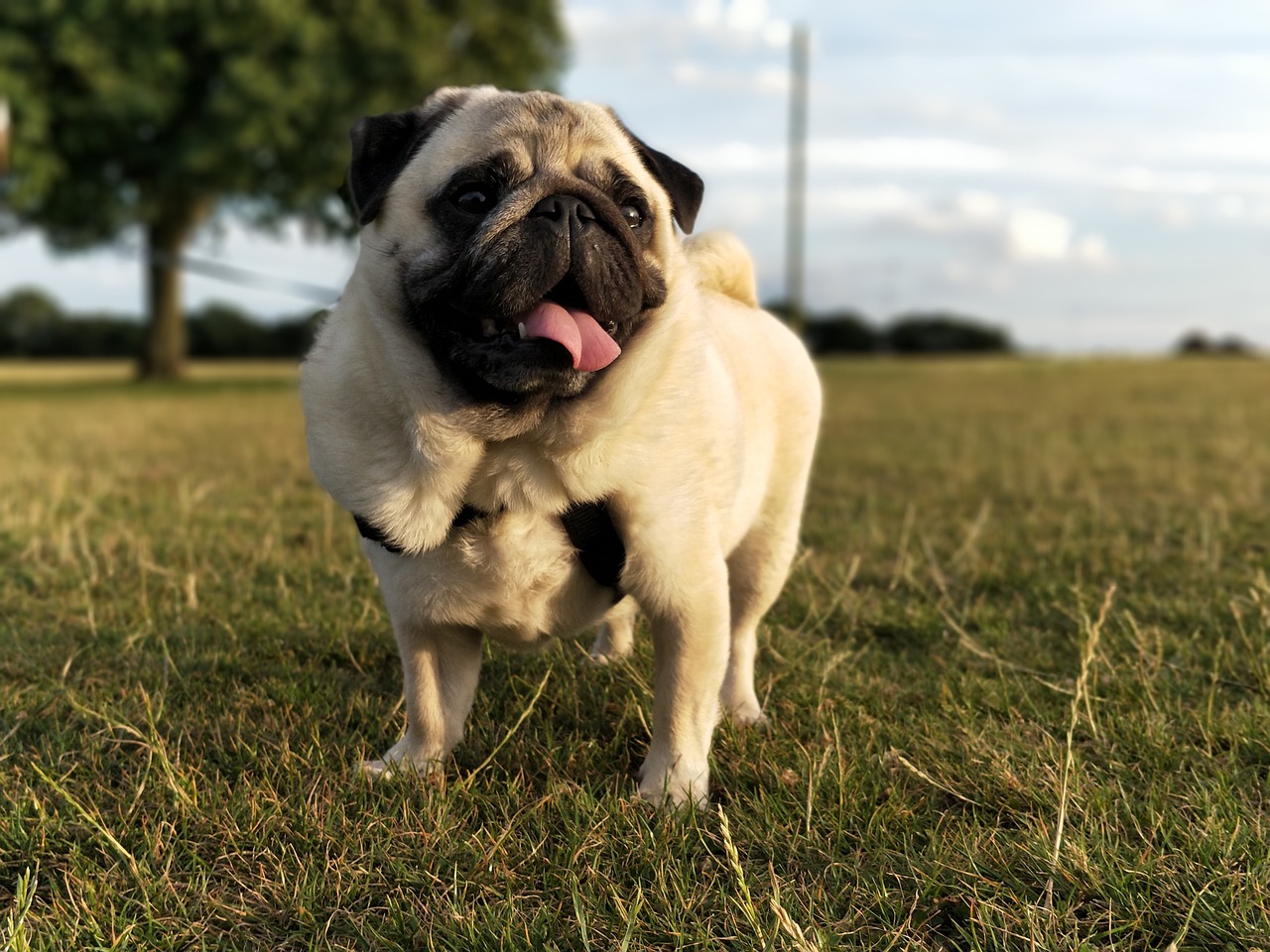
8. Beagle
Beagles are friendly, curious, and love companionship, traits that don’t align well with the guarding role. They are more likely to be interested in playing or sniffing out interesting scents than in protecting a property. Their friendly approach to strangers makes them less effective as guard dogs.
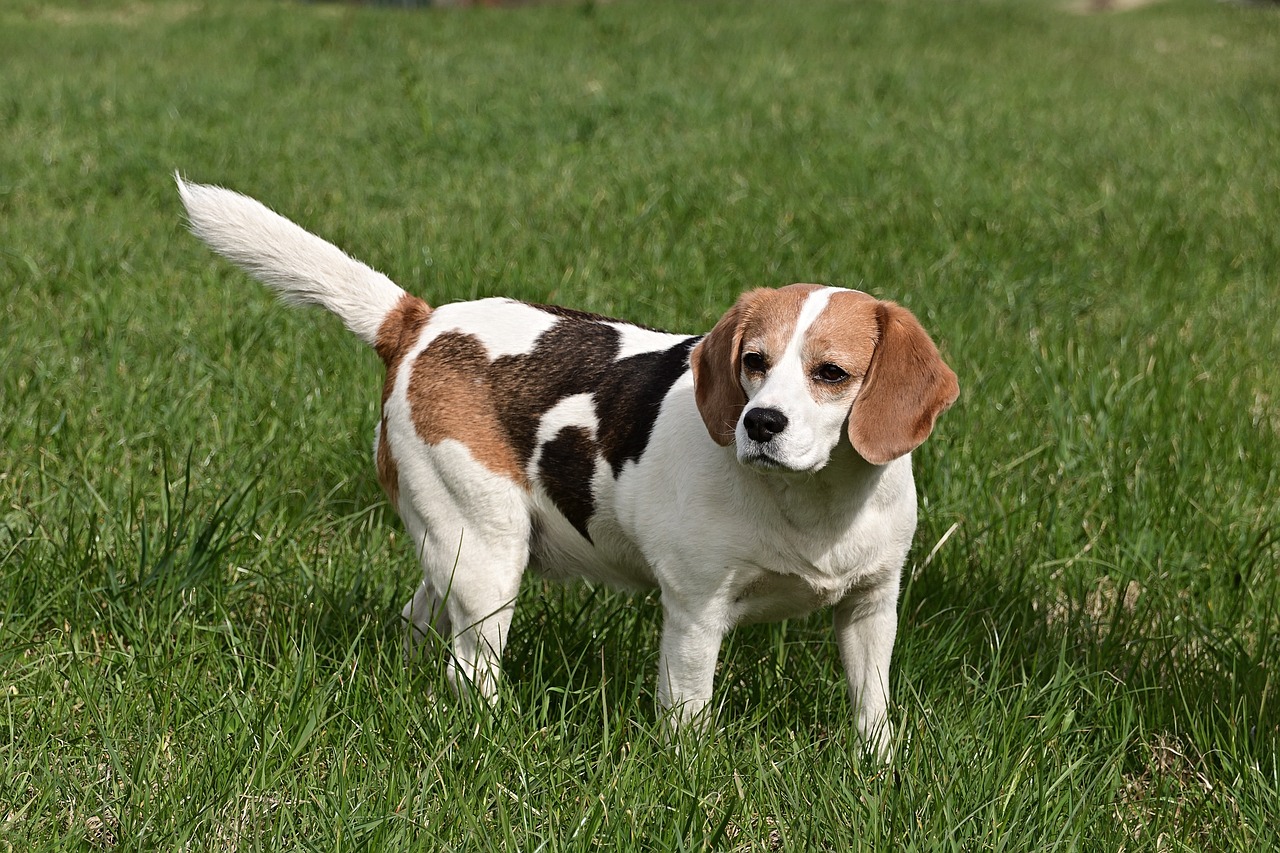
9. Labrador Retriever
Labrador Retrievers are known for their friendly and outgoing nature. They are one of the most popular family pets due to their sociable and loving temperament, which unfortunately does not translate well into a guarding role. They are more likely to welcome an intruder with a wagging tail than a protective stance.
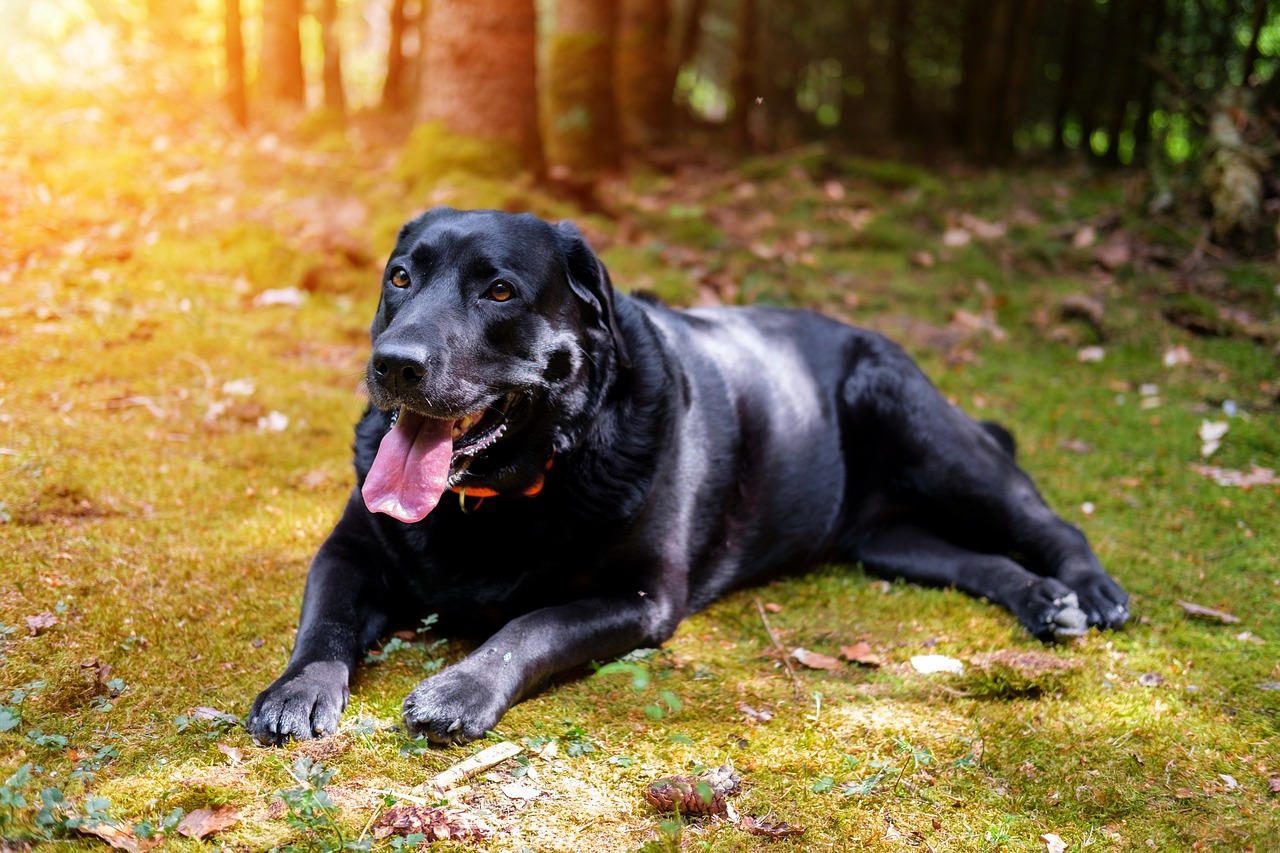
10. Chihuahua
Chihuahuas, despite their sometimes feisty nature, are not suitable for guarding due to their small size and limited physical ability to deter intruders. While they can be alert and occasionally bark at strangers, they lack the physical presence and strength to act as effective guard dogs.
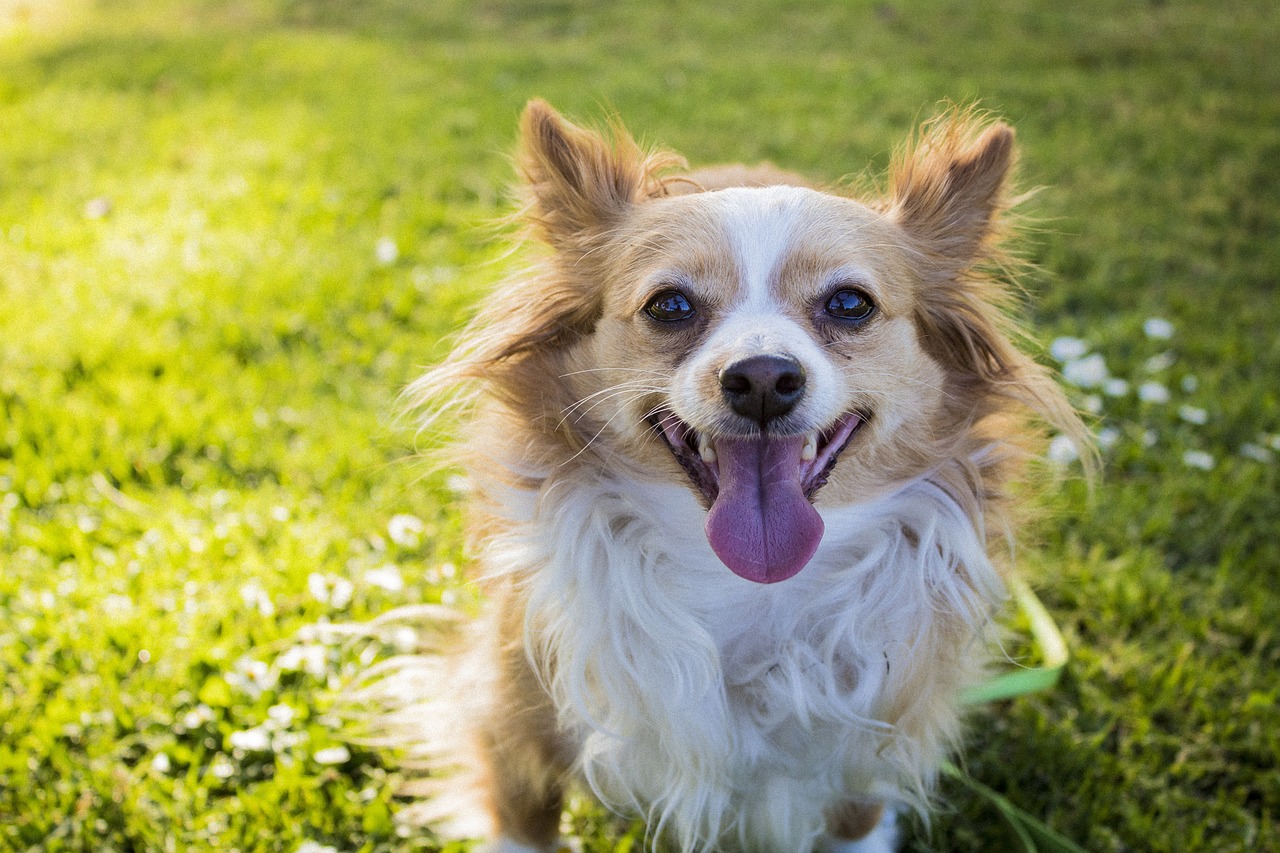
Conclusion
While these breeds may excel in companionship and other roles, they are not the best choices for guarding a home. Their friendly temperaments, physical characteristics, and general dispositions make them less effective in a protective capacity. When choosing a guard dog, it’s important to consider breeds with the right mix of alertness, suspicion towards strangers, and physical presence.
 Toledo, United States.
Toledo, United States.